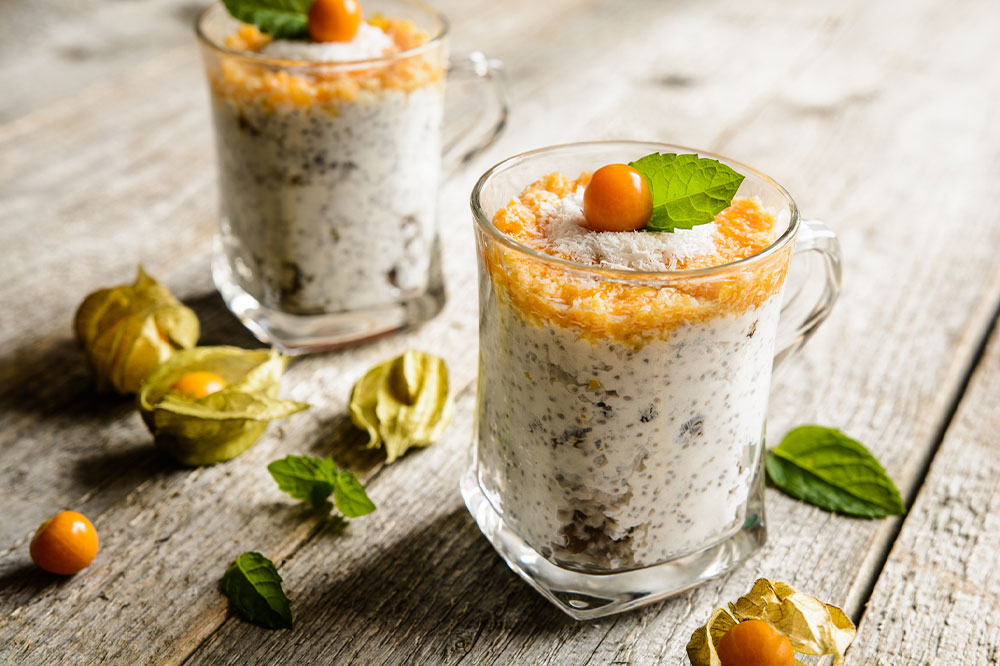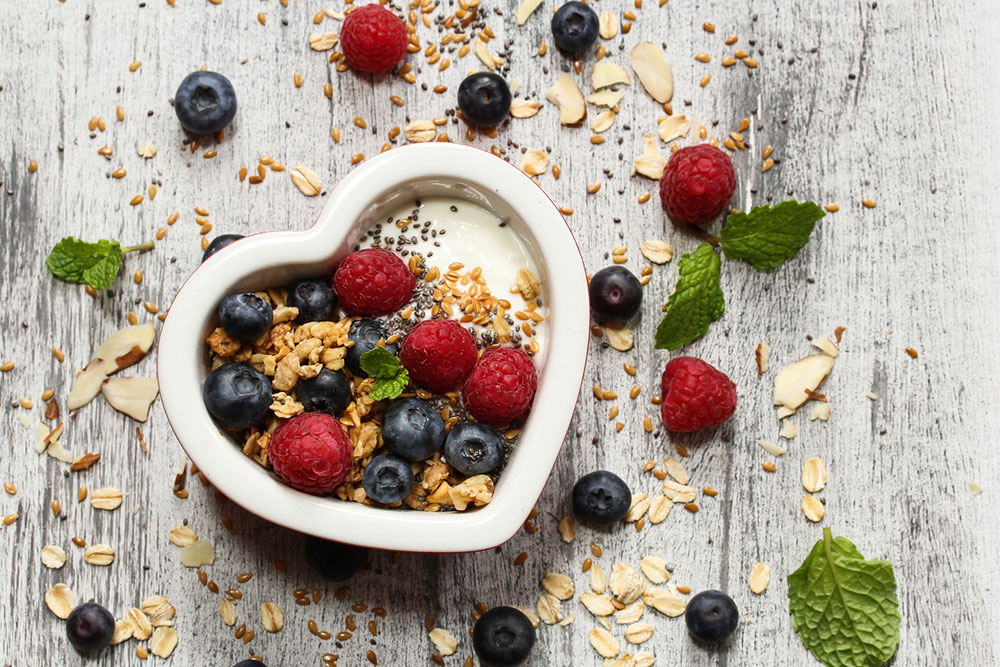6 key health benefits of probiotics

Probiotics constitute a significant component of a healthy nutritional regime. Hundreds of brands sell probiotics in the market, and several blogs and websites exist exclusively to count probiotics’ never-ending benefits. But do we understand the actual mechanism through which probiotics work? For that, we need to be clear about the definition of probiotics. We need to know what and how they function. Read this article to learn the definition and some key benefits of probiotics:
What are probiotics?
Your body contains within itself both good and bad bacteria. Probiotics are the good bacteria. When an infection affects your body, the number of harmful bacteria exceeds the number of beneficial bacteria in your body. To destroy these harmful bacteria and restore the balance in your body, you need to get good bacteria from external sources.
These external sources include probiotic supplements or fermented foods. Some typical probiotic foods are probiotic yogurt, kefir, sauerkraut, kimchi, tempeh, and many more, while supplements include refrigerated capsules, shelf-stable capsules, liquid beverages, and powders.
Key benefits of probiotics
Probiotics are good bacteria and have several benefits, and several scientific studies back these benefits. Here is a list of the 6 most popular probiotics benefits you should know of:







